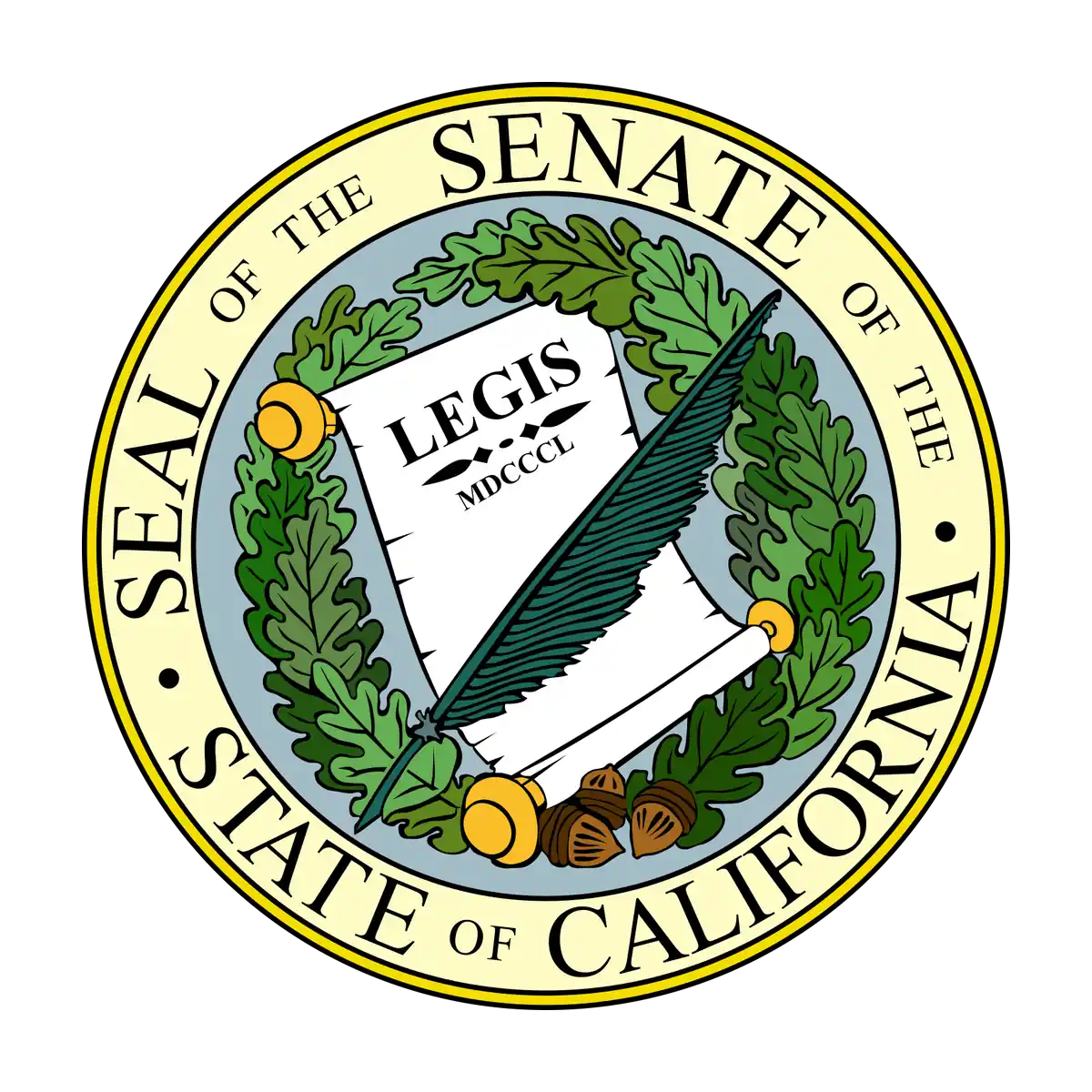California lawmakers are set to vote on Senate Bill 577, a proposal that would narrow legal pathways for adults who experienced childhood sexual abuse to sue public institutions such as schools, juvenile facilities, and foster care agencies.
The measure arrives amid concerns about mounting litigation costs for public entities and a statewide budget deficit, according to a report on the proposed legislation by The Imprint.
The bill would raise the burden of proof for plaintiffs over age 40 and require a pre-filing certificate of merit showing that an attorney consulted an expert and found reasonable grounds to sue. It would bar treble damages (a statutory penalty that lets a court award three times a plaintiff’s proven compensatory damages; designed to punish and deter especially harmful or willful misconduct) against public entities, give agencies more time to pay settlements, and prevent refiling of dismissed cases after five years. It also sets a Jan. 1 filing deadline for claims tied to Los Angeles County facilities that closed before 2020, including the MacLaren Children’s Center and county juvenile halls and camps.
A bill analysis states, “Unfortunately, teachers and other public servants committed many of the cases of sexual abuse perpetrated against children, despite these persons being entrusted to keep California’s children safe.” It continues, “As a result, many public entities now face significant liability for their culpability in covering up, or generally not preventing, these heinous acts.”
California expanded civil remedies for survivors in recent years. A 2019 law opened a three-year revival window for expired claims and allows lawsuits until age 40 or within five years of discovering related psychological injury. “This bill ensures that ‘time’s up’ for the perpetrators of childhood sexual assault, not for victims,” bill author Assemblymember Lorena Gonzalez wrote at the time. Last year the state removed the statute of limitations for future childhood sexual abuse claims.
Thirty-three (33) other states have adopted similar reforms.
Opposition to SB 577 centers on access to justice. Assemblymember Kate Sanchez, so far the only lawmaker to vote against the bill, testified that it “crosses a line” and “does a disservice to every survivor in California.” She said in testimony before the Assembly Judiciary Committee, “I understand the intent of making sure public entities are financially stable. But we cannot, under any circumstance, protect budgets at the expense of survivors of childhood rape and sexual assault.”
Sanchez added, “These are people who’ve already endured unimaginable trauma. This bill sends the message that their pain is less important than institutional convenience.”
Supporters cite the financial strain on public entities. Thousands of suits have been filed since the lookback window opened, including 6,800 claims tied to MacLaren Hall that plaintiffs have described as a “house of horrors.” Los Angeles County has agreed to pay $4 billion to thousands of former residents who alleged abuse at MacLaren and in county-run youth detention facilities.
A fiscal oversight report estimates an additional $2 to $3 billion in recent claims against school districts statewide, as well as rising insurance costs and coverage gaps for agencies that have not been sued.
SB 577’s heightened evidentiary requirements for older claims are justified in the bill analysis on the ground that proof may be less reliable after many years. Co-author Sen. John Laird said the proposal grew out of conversations with districts concerned about covering decades-old teacher misconduct claims and described Los Angeles County as “ground zero” for unaffordable litigation. “We’re in the middle of fiscal challenges that don’t allow us to put billions of dollars forward for this.”
Youth advocates warn the measure could shield institutions from accountability. “At the very least,” Johnson said in July 15 testimony before the Assembly Judiciary Committee, “if the state cannot undo the trauma it allowed to happen, it should not block survivors from the foster and juvenile justice systems from seeking justice.” The Youth Law Center and Children’s Law Center of California proposed amendments that would extend the deadline for MacLaren and detention-center survivors to 2029 and require state outreach to notify them of the cutoff. Laird said further amendments remain possible.
If you or a loved one suffered abuse in a school, foster, or juvenile setting, learn your legal rights and options. You can also start your free case review process by filling out the form below.




